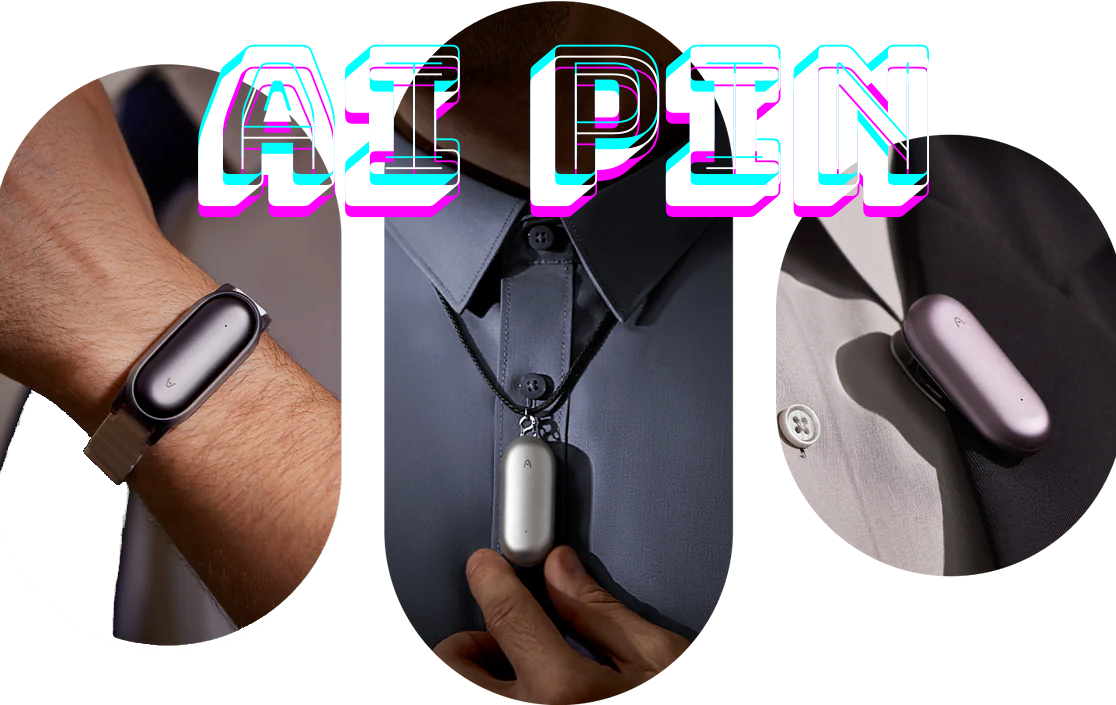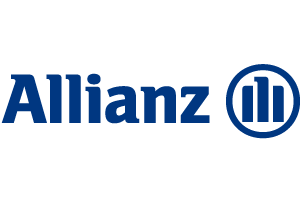The problem of gambling addiction is found in about 1–3% of the world’s population, and the numbers have been steadily going up during and after the pandemic due to the increase of online gambling services. We have observed the negative effects of gambling addiction as well as the amazing ability of people who can recover from it. Healing is a complex mechanism, not only about the strength of the will but also about other psychological, social and financial aspects that have to be addressed.
Understanding the Addiction Cycle
The neurobiological basis of gambling addiction shares striking similarities with substance use disorders. Research published in the Journal of Gambling Studies (2024) demonstrates that pathological gambling triggers dopamine release patterns comparable to those observed in cocaine addiction. This explains why conventional approaches focusing solely on “just stopping” often fail.
Gambling addiction typically progresses through distinct phases: the winning phase (early success creating false confidence), the losing phase (chasing losses) and the desperation phase (gambling becomes all-consuming). Recognizing your position in this cycle is crucial for tailored intervention and responsible gambling on legit platforms like betano-sportwetten.de and others.
Recognizing Your Triggers and Patterns
Effective recovery begins with honest self-assessment. During my clinical practice, I’ve observed that most recovering gamblers can identify specific emotional states, situations or thoughts that precede gambling episodes. Common triggers include financial stress, boredom, social pressure, and the desire to escape negative emotions.
Maintaining a “trigger journal” for 2-3 weeks can reveal patterns you might not consciously recognize. Note the time of day, emotional state, surrounding circumstances and intensity of gambling urges. This data becomes invaluable in developing personalized prevention strategies. One patient discovered that his gambling urges intensified dramatically after work conflicts, leading us to develop specific stress management techniques for workplace situations.
Building Your Recovery Toolkit
Financial damage represents one of gambling addiction’s most devastating consequences. According to the National Council on Problem Gambling, the average debt accumulated by someone with a gambling disorder exceeds $40,000. Rebuilding financial stability requires structured approaches beyond simple budgeting.
| Recovery Stage | Financial Strategy | Expected Timeline | Success Indicators |
| Early Recovery | Cash-only spending, daily accountability | 1–3 months | No new gambling debt |
| Intermediate | Debt consolidation, automated savings | 3–12 months | Debt reduction of 15-30% |
| Advanced | Investment planning, credit rebuilding | 1–3 years | Credit score improvement of 50+ points |
| Maintenance | Long-term financial goals, emergency fund | Ongoing | Financial stability maintained for 2+ years |
Working with a financial counselor who specializes in addiction recovery can provide tailored guidance. Many clients find that transferring financial control to a trusted family member during early recovery significantly reduces relapse risk.
Rewiring Thought Patterns
Cognitive distortions fuel gambling addiction. These include the gambler’s fallacy (believing past outcomes influence future results), illusion of control and selective memory (remembering wins while forgetting losses). Cognitive Behavioral Therapy (CBT) has demonstrated 67% effectiveness in reducing gambling behaviors, according to a 2024 meta-analysis in the Journal of Clinical Psychology.
The process involves identifying automatic thoughts (“This time I’ll win back everything”), challenging their validity with evidence and replacing them with realistic alternatives (“Gambling systems don’t work; the house always wins eventually”). This cognitive restructuring requires practice but becomes more automatic over time.
Building a Supportive Community
Recovery isolation dramatically increases relapse risk. Support groups like Gamblers Anonymous provide understanding peers who recognize the unique challenges of gambling recovery. Research indicates that regular support group attendance increases one-year abstinence rates by approximately 40%.
Beyond formal support groups, rebuilding damaged relationships represents a critical recovery component. This often requires making amends, demonstrating consistent behavioral change and practicing transparent communication about recovery progress and challenges.
Maintaining Long-Term Recovery
Recovery isn’t a destination but a continuing journey. Developing healthy replacement activities that provide similar excitement or relaxation benefits as gambling helps create sustainable change. Many recovering gamblers discover that physical activities, creative pursuits or volunteer work provide meaningful alternatives.
Remember that setbacks differ from failure. Approximately 60% of those in recovery experience at least one slip, but this doesn’t negate progress. Having a predetermined relapse response plan—including immediate support contacts and specific actions—can transform a momentary lapse into a valuable learning opportunity rather than a complete return to addiction.
By combining these evidence-based strategies with persistence and support, gambling addiction recovery becomes not just possible but probable. The journey requires courage, but the freedom waiting on the other side makes every step worthwhile.
- Die besten Bücher rund um KI & Robotik!

- Die besten KI-News kostenlos per eMail erhalten!
- Zur Startseite von IT BOLTWISE® für aktuelle KI-News!
- IT BOLTWISE® kostenlos auf Patreon unterstützen!
- Aktuelle KI-Jobs auf StepStone finden und bewerben!
Stellenangebote

Dozent Tourismusmanagement Technologien und KI (m/w/d)

Senior Manager Daten und KI-Governance (m/w/d)

Abschlussarbeit im Bereich Datenstrategie und Künstliche Intelligenz

Duales Studium Data Science und Künstliche Intelligenz (w/m/d) 2026

- Künstliche Intelligenz: Dem Menschen überlegen – wie KI uns rettet und bedroht | Der Neurowissenschaftler, Psychiater und SPIEGEL-Bestsellerautor von »Digitale Demenz«
Du hast einen wertvollen Beitrag oder Kommentar zum Artikel "Effective Pathways to Gambling Recovery" für unsere Leser?









 #Sophos
#Sophos
Es werden alle Kommentare moderiert!
Für eine offene Diskussion behalten wir uns vor, jeden Kommentar zu löschen, der nicht direkt auf das Thema abzielt oder nur den Zweck hat, Leser oder Autoren herabzuwürdigen.
Wir möchten, dass respektvoll miteinander kommuniziert wird, so als ob die Diskussion mit real anwesenden Personen geführt wird. Dies machen wir für den Großteil unserer Leser, der sachlich und konstruktiv über ein Thema sprechen möchte.
Du willst nichts verpassen?
Du möchtest über ähnliche News und Beiträge wie "Effective Pathways to Gambling Recovery" informiert werden? Neben der E-Mail-Benachrichtigung habt ihr auch die Möglichkeit, den Feed dieses Beitrags zu abonnieren. Wer natürlich alles lesen möchte, der sollte den RSS-Hauptfeed oder IT BOLTWISE® bei Google News wie auch bei Bing News abonnieren.
Nutze die Google-Suchmaschine für eine weitere Themenrecherche: »Effective Pathways to Gambling Recovery« bei Google Deutschland suchen, bei Bing oder Google News!